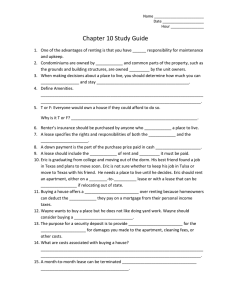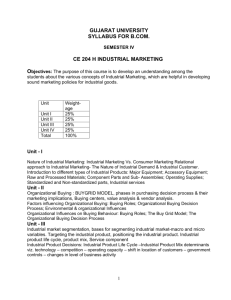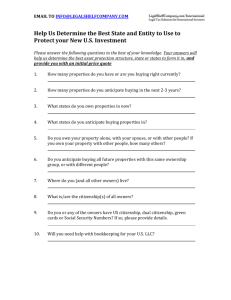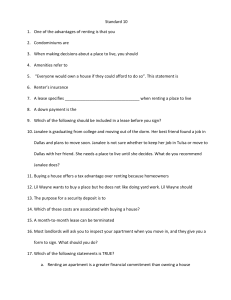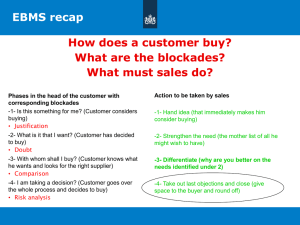Buying Land: Benefits & Challenges For Community
advertisement
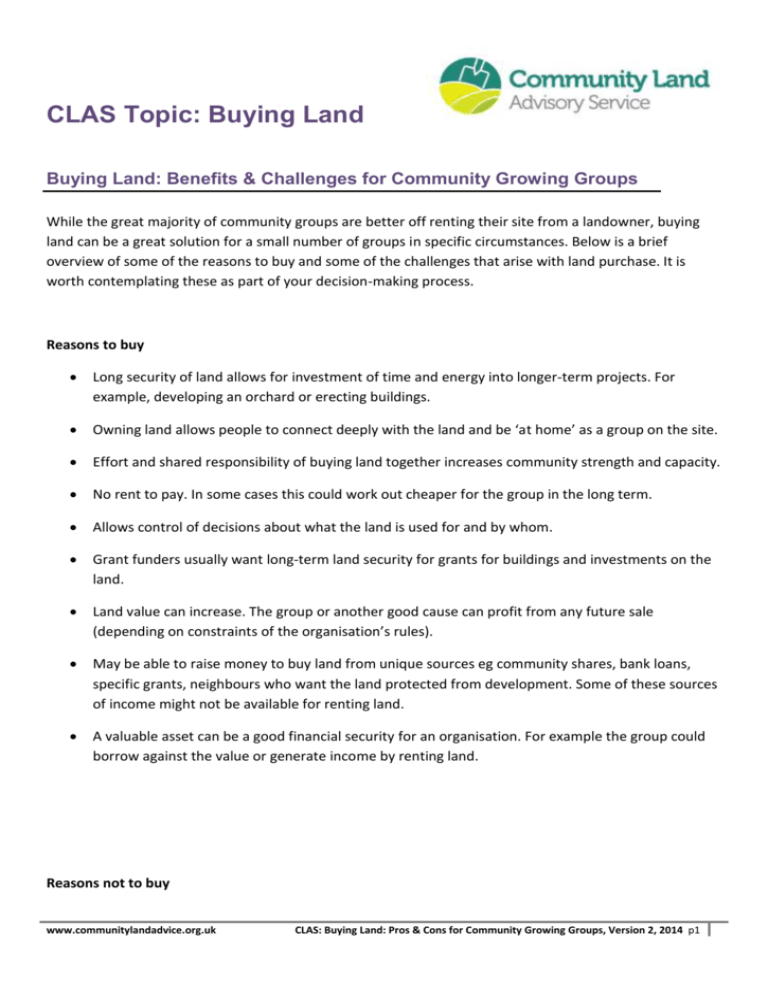
CLAS Topic: Buying Land Buying Land: Benefits & Challenges for Community Growing Groups While the great majority of community groups are better off renting their site from a landowner, buying land can be a great solution for a small number of groups in specific circumstances. Below is a brief overview of some of the reasons to buy and some of the challenges that arise with land purchase. It is worth contemplating these as part of your decision-making process. Reasons to buy Long security of land allows for investment of time and energy into longer-term projects. For example, developing an orchard or erecting buildings. Owning land allows people to connect deeply with the land and be ‘at home’ as a group on the site. Effort and shared responsibility of buying land together increases community strength and capacity. No rent to pay. In some cases this could work out cheaper for the group in the long term. Allows control of decisions about what the land is used for and by whom. Grant funders usually want long-term land security for grants for buildings and investments on the land. Land value can increase. The group or another good cause can profit from any future sale (depending on constraints of the organisation’s rules). May be able to raise money to buy land from unique sources eg community shares, bank loans, specific grants, neighbours who want the land protected from development. Some of these sources of income might not be available for renting land. A valuable asset can be a good financial security for an organisation. For example the group could borrow against the value or generate income by renting land. Reasons not to buy www.communitylandadvice.org.uk CLAS: Buying Land: Pros & Cons for Community Growing Groups, Version 2, 2014 p1 Money issues. Land is usually expensive compared to the cost of renting it. It is difficult to find suitable land to buy. The group must be willing, and able, to take responsibility for some long term serious and complicated issues, such as protecting investors’ money and undertaking the legal duties of being landowners. Failure by poorly run groups might diminish confidence in other community groups. For example a poorly run share offer might result in tighter regulation for the sector. Some groups are informal and temporary and do not need to buy land. Land needs long-term care and may become neglected if a group weakens over time. It becomes difficult to move to another site if a group’s needs change. People on low incomes or new members who join after the share offer might not feel as involved as those who contributed to land purchase, even where they are allowed to access the land. In some cases, people will risk their savings to buy land, for example when buying withdrawable shares. The land may already belong to a landowner with wider interests than the group, such as a good local authority. There are up front costs to buying land that will not be recouped if a sale falls through, such as surveying. ENDS www.communitylandadvice.org.uk CLAS: Buying Land: Pros & Cons for Community Growing Groups, Version 2, 2014 p2


